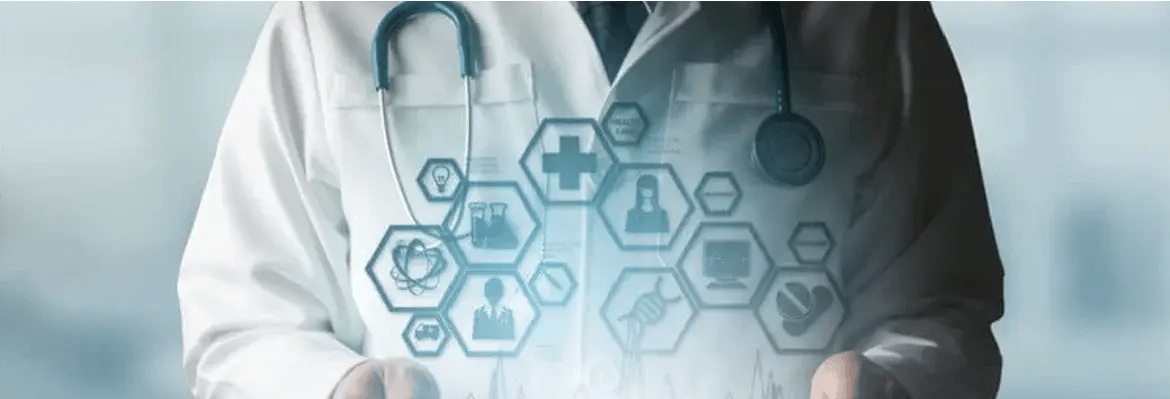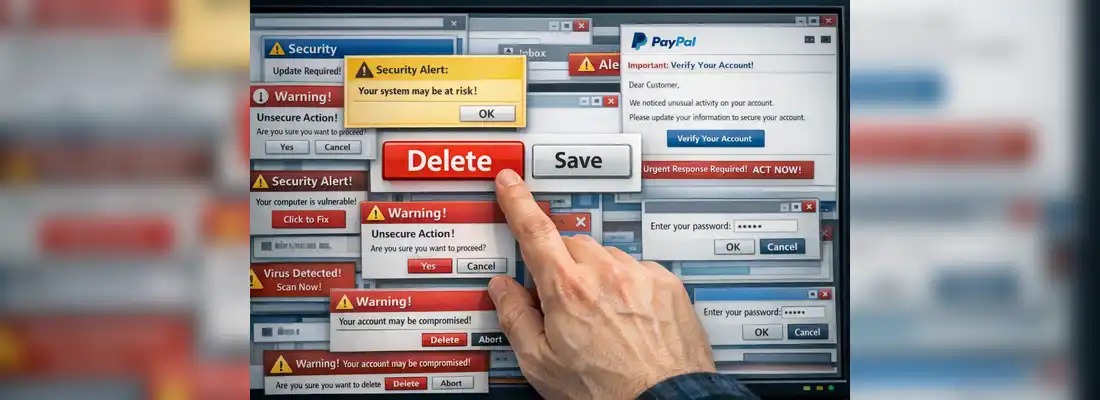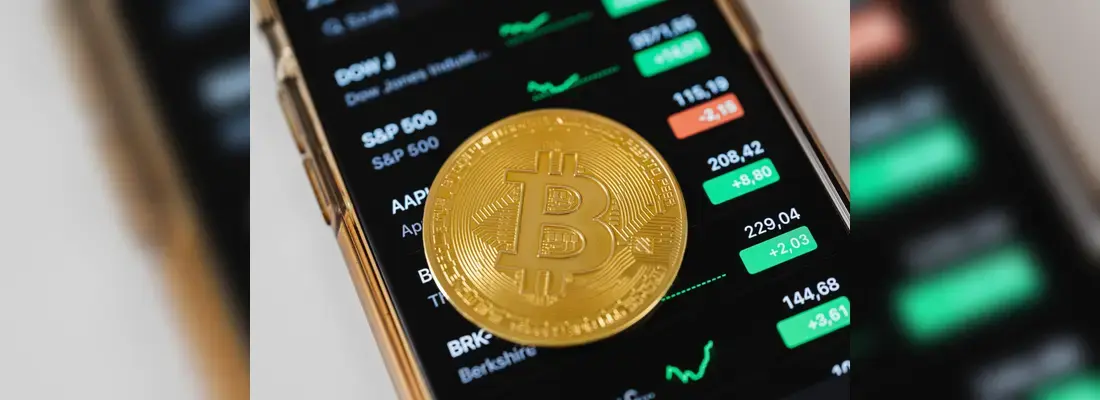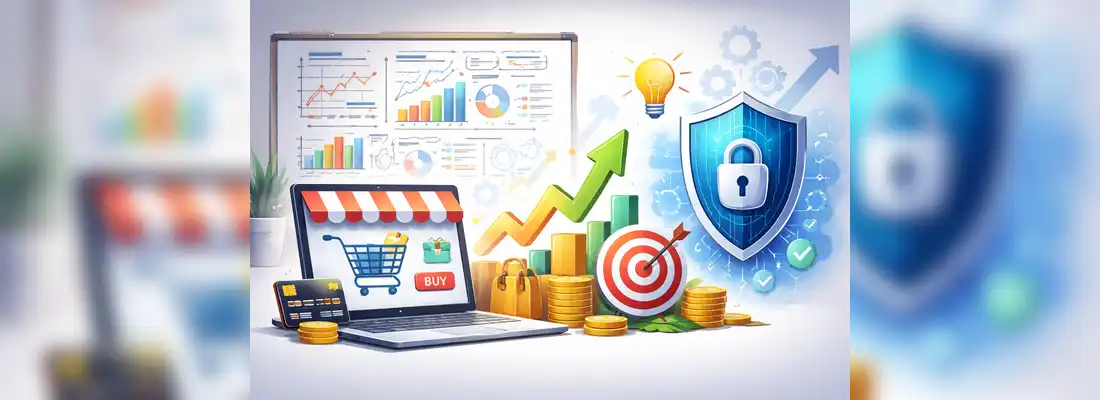Importance of Security in Tech-Led Healthcare
Date: 26 January 2022

Technology has made healthcare more effective than ever and its influence will only become more prominent in the years to come. Tech innovations in medicine will lead to more healthcare solutions, including preventive measures, diagnostics, and treatments. Multiple promising and effective tech-based tools will transform the health industry as we know it today. In this article, we explore the healthcare innovations the world is likely to experience as well as their cybersecurity implications.
Automated Diagnostics
Through vision technologies and developments in artificial intelligence, automated diagnostics have become the crowning jewel of the modern-based healthcare industry. Predictive AI tech can deliver a much more effective and mistake-proof diagnosis of any ailment compared to humans. There is less chance of misdiagnosis, and through vision technologies, the process of gathering data about the patient can become less invasive and relatively pain-free.
Since tech is free from the human drawbacks of stress, tiredness, bias or other environmental factors that often affect people, it can be more reliable when diagnosing a patient. This could make quality healthcare more widely available and bring premium healthcare to places that need it the most. For example, many patients now benefit from secure online telemedicine services that allow them to consult with doctors and obtain treatment for chronic conditions or metabolic disorders. One notable advancement is the ability to request a Rybelsus prescription through certified online providers, helping streamline access while maintaining strict standards of data security
Wellness wearables
The Internet of Things (IoT) has also made massive in-roads in the healthcare industry. More so, it is becoming a cornerstone of advanced healthcare. IoT makes information sharing between different stakeholders much easier; it also creates wearable and implantable, and digestible “care” gadgets, allowing doctors to monitor and examine patients in a completely new way.
These wearable and digestible portable devices can easily take all the necessary samples without the patient having to leave the house. These gadgets can make healthcare more quick, accurate and effective and reduce all parties' costs. The results can be sent over to the doctor's office in seconds.
Among the many innovations, the best Bluetooth hearing aids stand out, offering superior connectivity and real-time health monitoring. These hearing aids not only improve auditory experience but also integrate seamlessly with other IoT healthcare devices for comprehensive patient care.
VR Medical Training
VR technologies can help elevate the training experiences of medical students, creating more professional and well-prepared doctors. Medical applications of VR allow students to gain experiences that they would not have been able to get in the past. VR can introduce these students to some of the conditions experienced by their patients in a detailed way, creating more empathetic and better-equipped doctors for the future.
What are the security risks of technology in healthcare?
No great change comes without a cost. There are many concerns among the skeptics, and rightfully so, regarding the digitization of healthcare. Besides the obvious risks of leaving the machines unattended by humans and the risk of malfunction, people are also worried about the privacy issues that come with such complex interconnected systems.
These systems and devices become a part of our everyday lives and even attire, such as wearable gadgets that transmit your data to the doctor in real-time. There is a real risk of someone with ill intent hijacking these devices and endangering the patient in multiple ways.
Here's what you can do to avoid the privacy concerns associated with tech-based healthcare:
1. Use a VPN: Using a VPN when browsing online is a good practice to integrate into your daily life, even when not dealing with such sensitive data. But it becomes especially important when dealing with digitized healthcare.An unauthorized person getting access to your medical data or, even worse, a device that is supposed to be supporting your well-being or orchestrating an examination, becomes difficult with VPN protection.
In worst cases, if your network isn’t safe, the attack on the network could threaten your life. Using a VPN, a technology that encrypts your connection and hides your identity, is the best way to avoid letting someone get access to your medical records and then using them against you in some way. Since your IP address will be hidden, the attacker won’t identify you and therefore won’t be able to use the data for their personal gain and to your detriment.
2. Use a Strong Password: If you are going to introduce medical devices into your IoT at home, make sure to set up secure passwords. While most of us are only concerned with passwords on our social media accounts, the passwords for our routers and other devices connected to them are equally important and should be treated as such.
Use complicated passwords to avoid privacy breaches and keep your data safe from snoopers. The importance of strong passwords is magnified when the intruder can potentially get access to our medical devices and tamper with them, possibly endangering our lives. Of course, you should also ensure the technology your healthcare provider is using also protects your information. For example, Foothold Technology only supplies HIPAA-compliant tools, meaning your data stays secure.
While keeping track of all the complicated passwords is a tedious job, it‘s the kind that can protect you from hackers and potential threats to your health and well-being in this case.
Conclusion:
Technological innovations can make great healthcare more accessible, affordable, and substantially more accurate. It should not surprise us that such huge developments also require us to reassess some of our habits and adjust to novel risks.
While the thought of someone hacking into the device that is keeping your heart beating, for example, is terrifying, it’s up to us to make sure we do everything to stay protected and reap the benefits of modern healthcare in a safe, secure way. If you want to get the benefits and the convenience of modern, tech-based healthcare, you must also be familiar with the new set of challenges that come with it. Just like in healthcare, when it comes to tech-related risks, prevention is the best medicine.




.webp)


